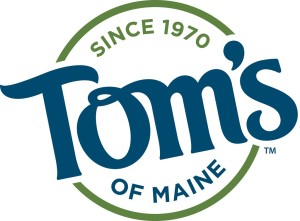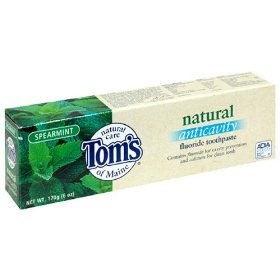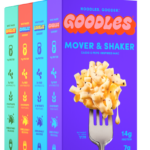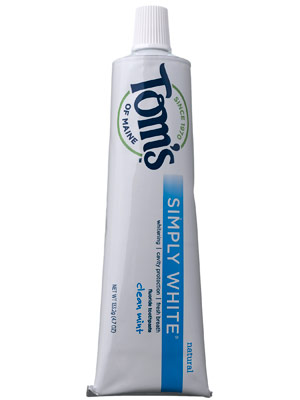 Packaging is one of those areas of marketing that is so important, I’m surprised that it so poorly leveraged by so many businesses. It tells your story on the shelf or as you introduce your services to potential customers. It’s like the clothes you wear to your job interview- it tells as much about you as what you say or your resume.
Packaging is one of those areas of marketing that is so important, I’m surprised that it so poorly leveraged by so many businesses. It tells your story on the shelf or as you introduce your services to potential customers. It’s like the clothes you wear to your job interview- it tells as much about you as what you say or your resume. When you first come into contact with a product or a service offered by a company, how it is packaged frames your thinking about the brand. Does it look like everything else in the category or is it special and almost hard to classify. Does the package help you frame whether it offers you something you can’t get anywhere else or is it just another “me to” that represents the category brand.
The blur of brands into their categories
Products are blurring so much that they all merged into this category brand imagery that choosing almost doesn’t matter anymore. If I can get whitening, tartar control, eliminate bad breath, reduce plaque and keep me cavity free from all toothpastes- why does it matter anymore if I pick Colgate or Crest or some other brand? The industry is inviting me to buy on price. Toothpaste is a mature category where the players have raced toward sameness.
Products are blurring so much that they all merged into this category brand imagery that choosing almost doesn’t matter anymore. If I can get whitening, tartar control, eliminate bad breath, reduce plaque and keep me cavity free from all toothpastes- why does it matter anymore if I pick Colgate or Crest or some other brand? The industry is inviting me to buy on price. Toothpaste is a mature category where the players have raced toward sameness.
 |
| Does the brand of toothpaste even matter? |
Although now part of Colgate-Palmolive, they claim that their toothpastes and other health care products are naturally sourced. They decided long ago that to stand out from the crowd they would use ingredients that no one else used in the offerings. They would have to be a few dollars more but that would be the best way to package or frame their brand argument. They would refuse the proliferation’s of line extensions so the product would stand out because it didn’t have 32 line extensions. You can almost hear the packaging speak…
“Hey, of course we are different. No one else uses aloe and chamomile in their toothpaste and of course it is more expensive because we are using more expensive ingredients. And by the way, we aren’t like all those other guys- we just have one toothpaste and it is different”
But guess what is happening to Tom’s. It is starting to become like Colgate brand and all the rest of the more mainstream toothpaste products. Line extensions actually harm a brands unique position in the mind of the consumer. Colgate is on a path to do what most brands end up doing- trying to be like everyone else and offering category sameness with gel and paste, whitening or fresh breath prevention. Soon they’ll have something they too will call Tom’s Complete which will be just like everything else in the category. Colgate can’t let it stand alone and be different- it has to grow it and it plans to do this by making it like everything else so that eventually it will be just another toothpaste on the shelf.
Brands and products have life cycles and they may start out as very different but eventually they have to follow the category rules to grow. More shelf facings, more line extensions and unfortunately more dilution of difference. Oh the humanity.
I am a little encouraged with some recent messaging I noticed where they are trying to keep some distance from the sparkles and glitter found in toothpaste that has become mainstay. This is a sign of intelligent life from within the brand team. What this ad is saying is, “we are different from the category because we aren’t playing the shiny sparkle trick other toothpaste play.”
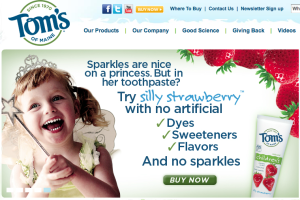 |
| A Sparkling Ad about Tom’s |
Innovation tends to get homogenized out of products and they grow and become successful within their niche. It becomes clear to Tom’s or Burt’s Bee (acquired by Clorox) that they have to grow once they are acquired. And when you find products like Tom’s or Burt’s Bees at every store, it loses its specialness by virtue of its universal availability. So as it shows up everywhere, it becomes more ordinary.
I’m not against growth but I’m on a crusade for brands to resist the temptation to be like the category. Why can’t you fight it and grow through other means? But alas, when a small brand is acquired and rolled into a larger corporation, the brand takes a back seat to earnings and profits. And, as often happens, the difference is squeezed out of the tube.
Makes my teeth hurt.
